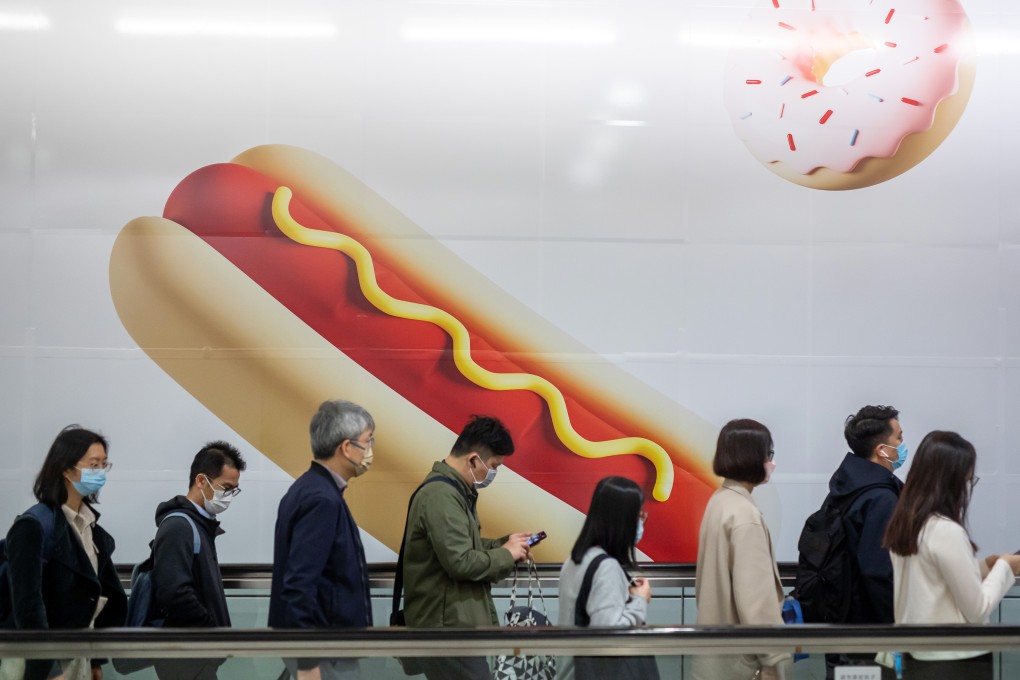Letters | How Hong Kong’s budget can help boost the vaccination rate
- Readers discuss the twin benefits of offering a handout in the government’s upcoming budget, and urge the health authorities to discourage the practice of pre-vaccination screening at private clinics

People who have received three doses should get the maximum amount of the handout, HK$5,000 for instance. This group of people needs recognition, especially those who received their two jabs even before the business sector dangled all kinds of discounts and lucky draws before us. They were the first to get vaccinated to protect themselves and the community.
People with two shots may receive HK$3,000. Though two doses nowadays may not be enough to keep variants at bay, their willingness to complete the vaccination course is worthy of encouragement.
Those who have had one jab should get only HK$1,000. Unvaccinated people with financial needs may seek help from the government.
E-vouchers thus offer both a short-term and a long-term solution to the pandemic. While they can promote domestic consumption immediately, they can also help us reach a better vaccination rate to save the city in the long run.